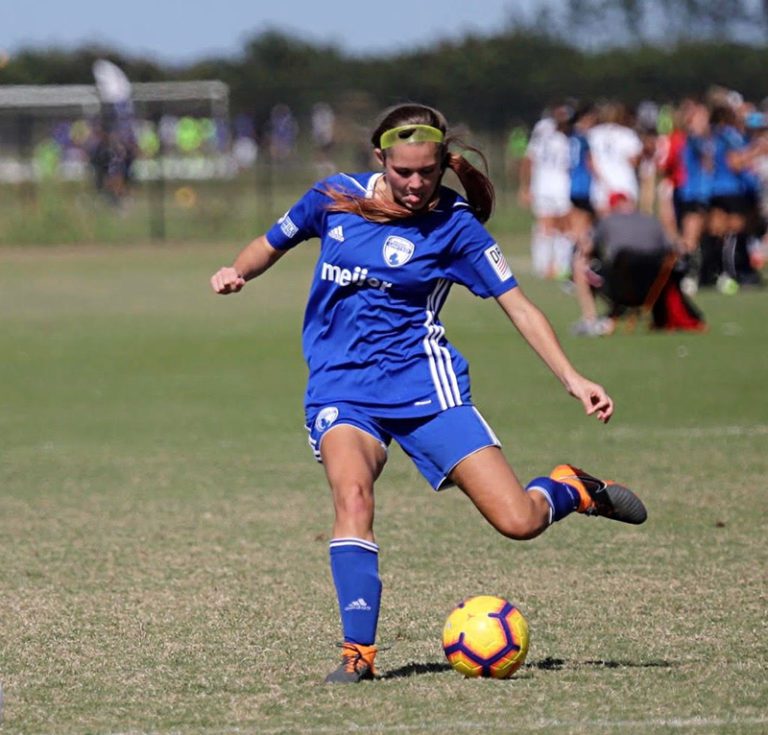
Can Young Athletes Take Creatine?
Let’s break down what creatine is, how it’s used, and if it’s safe for your teen athlete to use.

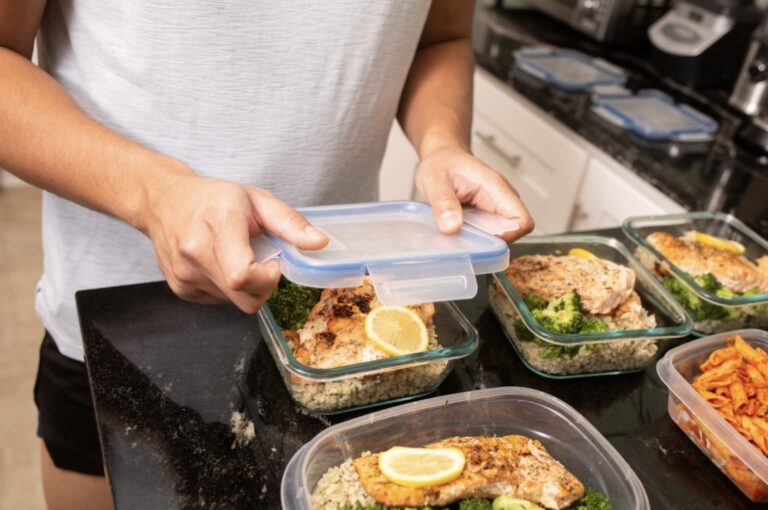
For athletes, proper nutrition is the cornerstone of peak performance. Whether you’re a student athlete, seasoned competitor, or a weekend warrior, meal prepping can be a game-changer when it comes to meeting your nutritional needs. Here are five key tips…


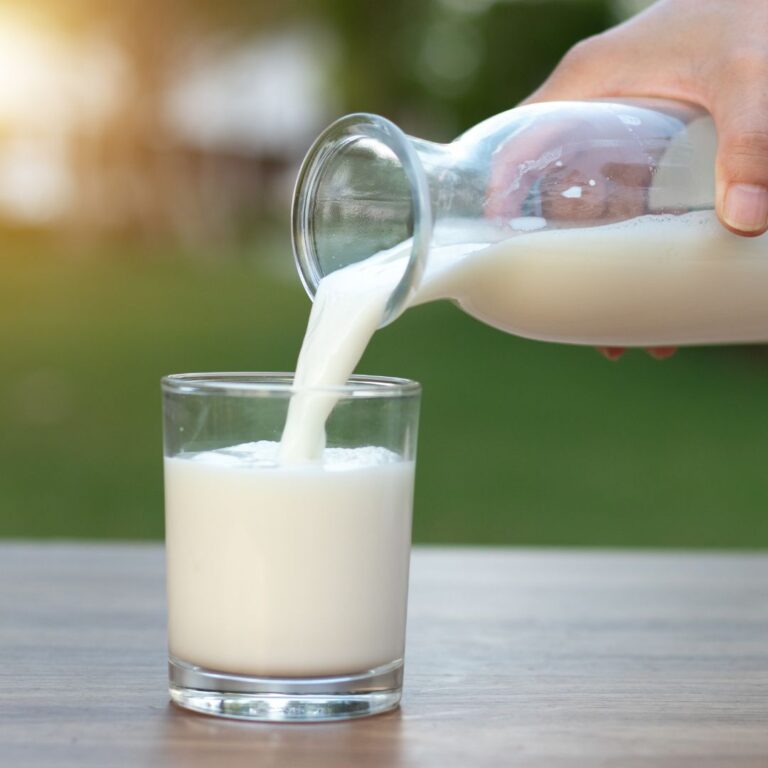


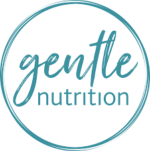

Food Freedom Made Simple A term you may see a lot of on social media lately is “food freedom”. This ideology, if you will, is combatting old practices of dieting and instead giving individuals the freedom to eat foods without…
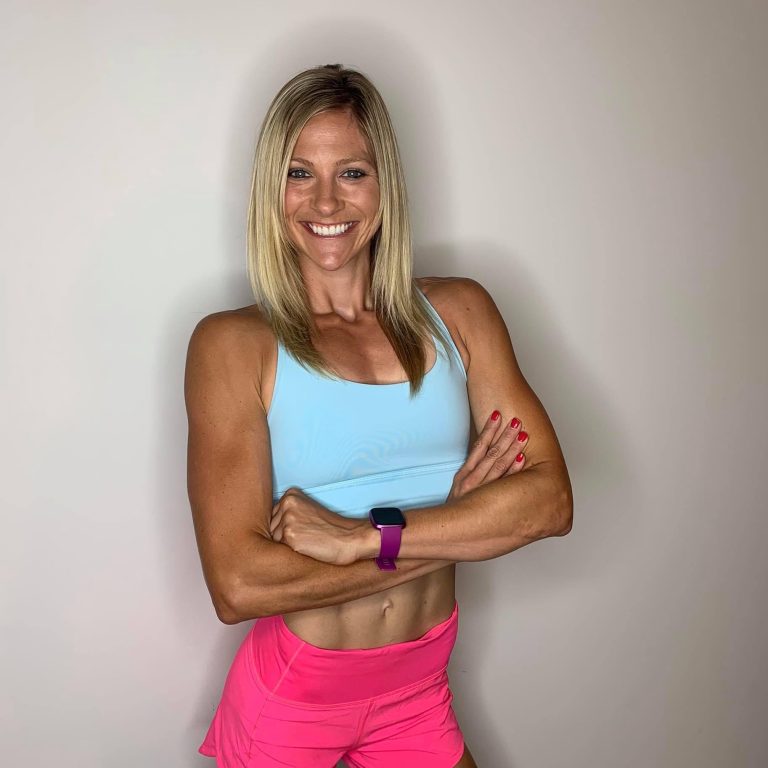


Have you ever felt “out-of-control” in areas of your life that you know Jesus wants you to be better in? I am not talking about attending church or worship here. Yes, you should absolutely attend regularly and seek His word.…